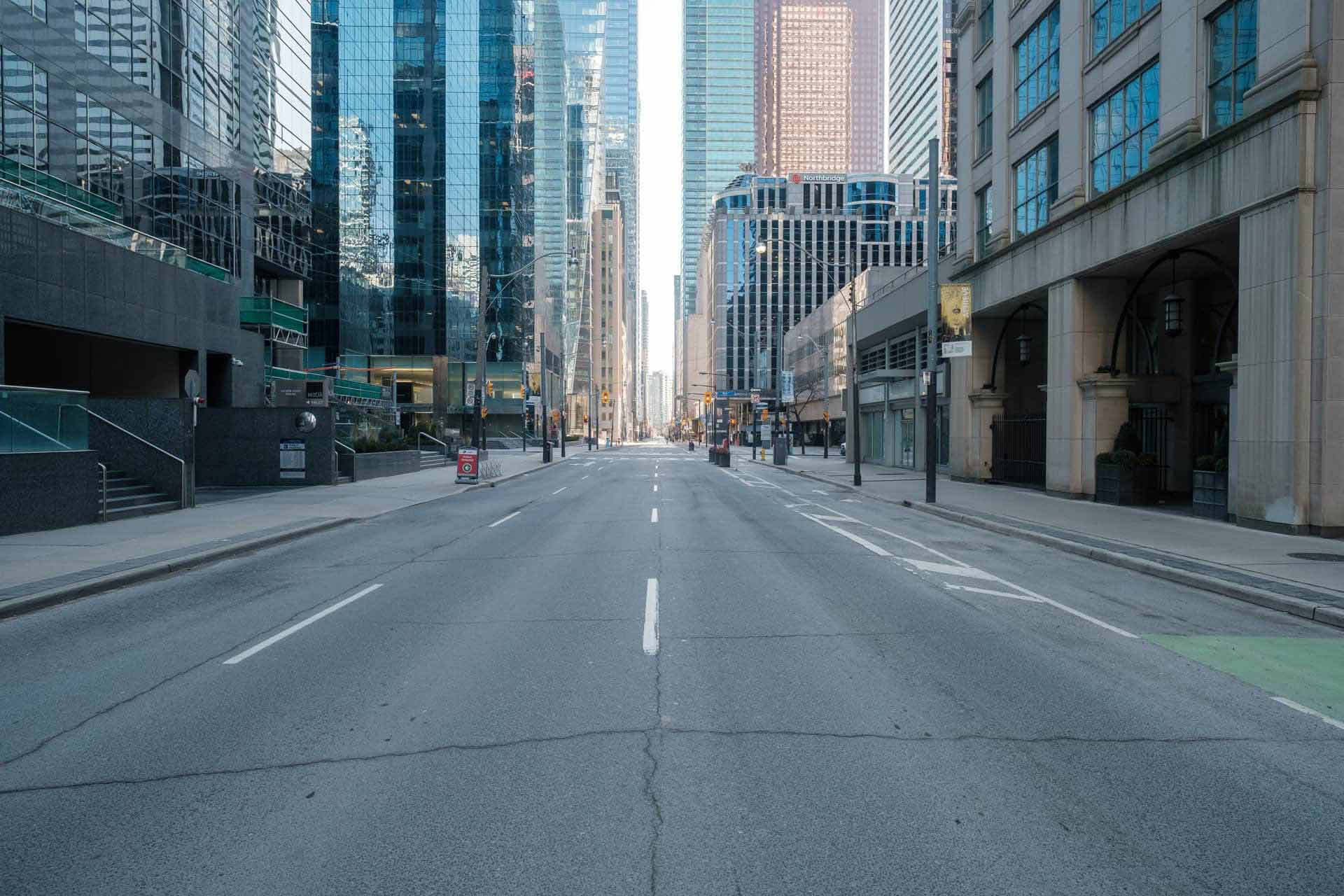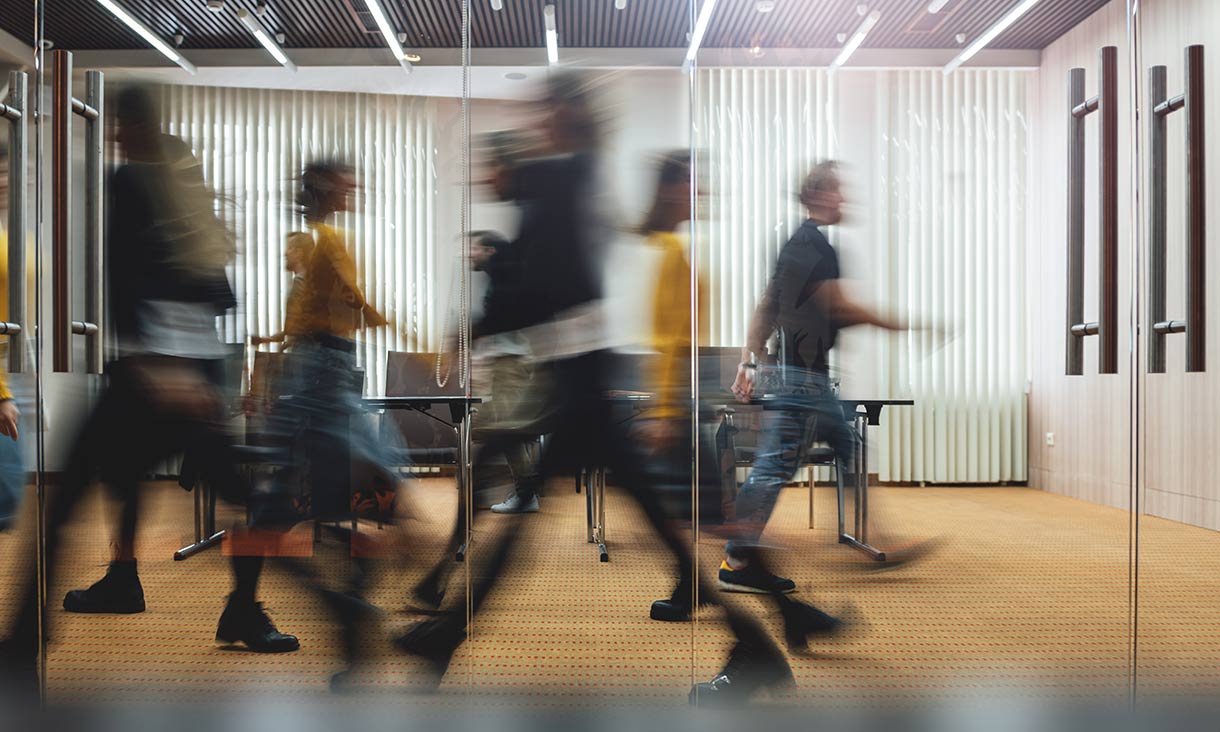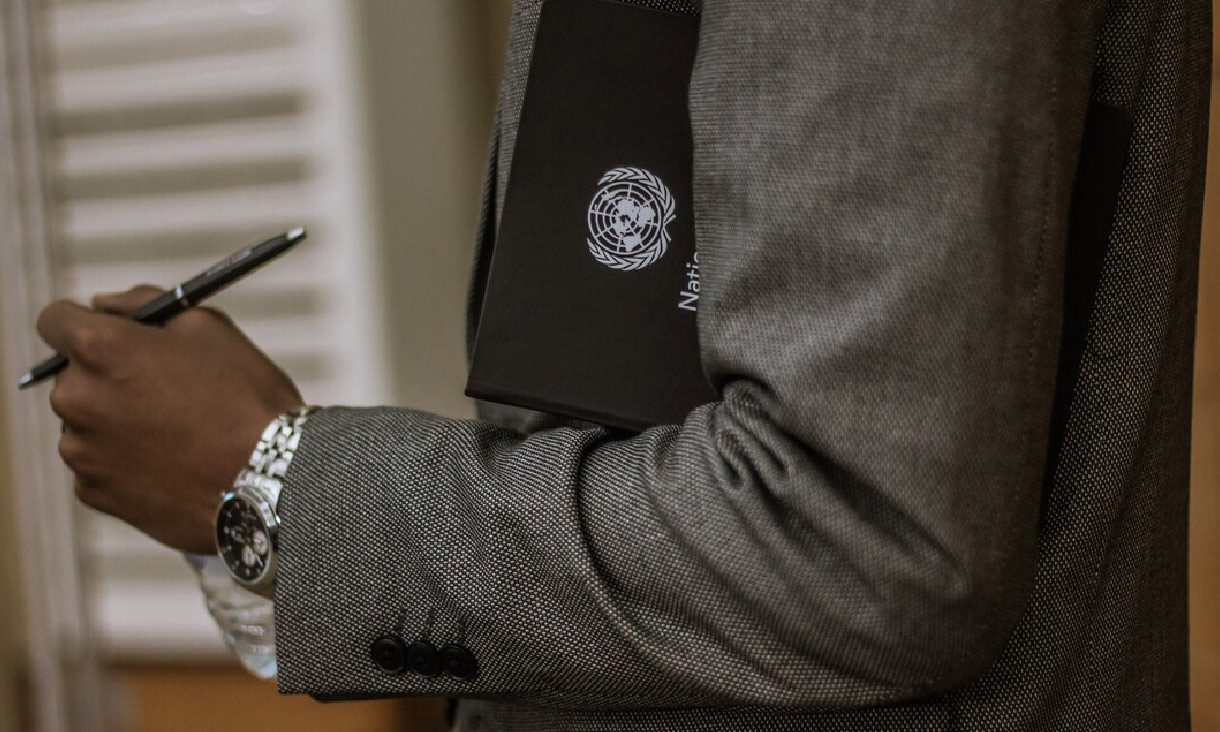As the world focuses on the COVID-19 pandemic, the 2020 United Nations conference to progress international efforts to mitigate climate change under the Paris Agreement has been deferred until 2021.[1]
Nevertheless, synergies between the measures taken by businesses under COVID-19 lockdown restrictions and those required to mitigate climate change, mean that climate action can continue at national and sub-national levels. In this blog, Dr Vanessa Johnston considers how business can lead the development of Australia’s low-carbon economy post COVID-19, by taking advantage of practices established under lockdown conditions, supported by the bottom-up approach of the Paris Agreement.
Though no-one would have wished this upon the world, living within lockdown restrictions presents challenges and opportunities for dealing with environmental problems such as climate change. While there is considerable risk that some businesses could make use of reduced environmental surveillance[2] during the COVID-19 pandemic to exploit environmental licence conditions and pollution controls, the environment is showing its resilience as the world slows down under lockdown restrictions. Some of the improvements have been visible. There have been significant improvements in localised air pollution in Australia and all over the world. Air quality has improved so much that the Himalayas are visible from India for the first time since World War II,[3] and blue skies are a regular occurrence in Beijing.[4]
Other benefits are less visible. Although it is too early to determine what impact COVID-19 will have on global greenhouse gas emissions, it is estimated that the impact will be six times greater[5] than that of the Global Financial Crisis in 2008-9 where emissions reduced by approximately 1.3%. According to the latest National Greenhouse Gas Inventory, the majority of Australia’s emissions arise from activities in the energy sector, including energy production (51.4%) and consumption through transport (18.6%).[6] However, activities to adapt to, and recover from COVID-19 lockdown restrictions, co-incidentally help to address emissions in these key sectors; thereby providing business with opportunities to fast-track the creation of a low-carbon economy in Australia post COVID-19. The big question is how to maintain these significant carbon-reduction benefits once restrictions lift.
Opportunity from adversity
The COVID-19 pandemic has shown us how quickly we can adapt, when pushed.
For example, businesses have found creative and innovative ways to help us enjoy the majority of our normal services and activities under COVID-19 lock-down restrictions, which co-incidentally, are also reducing our carbon footprints. As large supermarket chains have struggled with supply, websites and apps such as ‘Local Harvest’,[7] ‘Ripe Near Me’[8] and ‘Sprout’[9] help to connect individuals to buy, sell, swap, and barter fresh produce in their local area; encouraging individuals to buy and live local. To accommodate international and domestic travel restrictions, staff and business partners have continued to communicate with each other by embracing video and teleconferencing technologies. Business has taken advantage of the uptake of cycling[10] and personal mobility devices as alternatives for short-distance travel, and exercise, under lockdown conditions. My research with an interdisciplinary team describes ways that business and government can encourage the uptake of e-bikes and other sustainable transport. This is particularly important in a time when people are unlikely to use public transport as much as usual.[11]
In addition, while COVID-19 has caused a temporary reduction in energy demand, and decreased investment in renewable energy projects so far in 2020,[12] there is significant opportunities for renewable energy to encourage economic recovery[13] from COVID-19. Around the world, countries are seeking support for ‘green economic recovery’ to COVID-19.[14] In Australia, the Clean Energy Council[15] consider that investing in renewable energy projects, and thereby supporting the construction, tradespeople and associated services, could provide key stimulus for the economy.[16]
Business can lead climate change mitigation in Australia as restrictions lift
Commentators[17] point out that the environmental benefits we are currently witnessing are likely to be short-lived as countries focus on economic recovery once the worst of the pandemic is over. But that doesn’t have to be case if business takes the lead. Under the Paris Agreement,[18] countries such as Australia have adopted targets to mitigate greenhouse gas emissions by 2030. While Australia has been criticised by the international community for its poor record of setting and achieving these targets at a national level, the ‘bottom-up’ of the Paris Agreement, sets the scene for business action. Sub-national actors, including state and local governments, businesses, communities, and individuals, are encouraged to lead in areas such as adaptation measures and capacity building,[19] providing a perfect platform for redirect how Australia approaches climate change.
Businesses should consider how their actions to adapt to COVID-19 can be sustained in a post COVID-19 economy, especially where those activities benefit efforts to mitigate climate change. Efforts to sustain improved business activities, and to invest in more sustainable practices in the future, are prudent not only to manage the ongoing effect of COVID-19, but to better protect business against increased operating costs and other crises created by the adverse impacts of climate change. Climate change is expected not only to create conditions in which infectious diseases are more easily spread,[20] but will cause businesses to operate under uncertain environmental conditions, and unstable economic circumstances, for which there is no cure. While businesses face unprecedented challenges to deal with COVID-19, the individual actions they take, together, can lead Australia in the creation of a low-carbon economy that is required to minimise the adverse impacts of climate change.
[1] https://unfccc.int/news/cop26-postponed
[2] https://www.epa.gov/newsreleases/epa-announces-enforcement-discretion-policy-covid-19-pandemic
[3] https://edition.cnn.com/travel/article/himalayas-visible-lockdown-india-scli-intl/index.html
[4] https://earthobservatory.nasa.gov/images/146362/airborne-nitrogen-dioxide-plummets-over-china
[5] https://www.carbonbrief.org/analysis-coronavirus-set-to-cause-largest-ever-annual-fall-in-co2-emissions
[6] https://publications.industry.gov.au/publications/climate-change/system/files/resources/gas-group/national-inventory-report-2017-volume-1.pdf page 43, 45.
[7] www.localharvest.org.au
[8] www.ripenear.me
[9] www.srpout-ios.com
[10] https://www.theguardian.com/lifeandstyle/2020/apr/22/bicycles-are-the-new-toilet-paper-bike-sales-boom-as-coronavirus-lockdown-residents-crave-exercise
[11] Link coming
[12] https://www.energetics.com.au/insights/thought-leadership/australia-s-renewable-energy-market-covid-19-impacts-challenges-from-2019-and-the-value-in-ppas
[13] https://pursuit.unimelb.edu.au/articles/covid-19-is-an-opportunity-to-reset-our-environmental-future
[14] https://www.forbes.com/sites/davidrvetter/2020/04/16/south-korea-embraces-eu-style-green-deal-for-covid-19-recovery/#336787145611
[15] https://www.cleanenergycouncil.org.au/news/record-2019-for-renewables-clean-energy-has-potential-to-drive-covid-19-economic-rebuild
[16] https://www.abs.gov.au/ausstats/abs@.nsf/mf/4631.0
[17] https://pursuit.unimelb.edu.au/articles/covid-19-drop-in-pollution-to-be-short-lived
[18] United Nations, Paris Agreement (2015) https://unfccc.int/files/essential_background/convention/application/pdf/english_paris_agreement.pdf
[19] United Nations, Paris Agreement (2015) arts 7(2), 11(2) https://unfccc.int/files/essential_background/convention/application/pdf/english_paris_agreement.pdf
[20] https://www.who.int/globalchange/181008_the_1_5_healthreport.pdf







